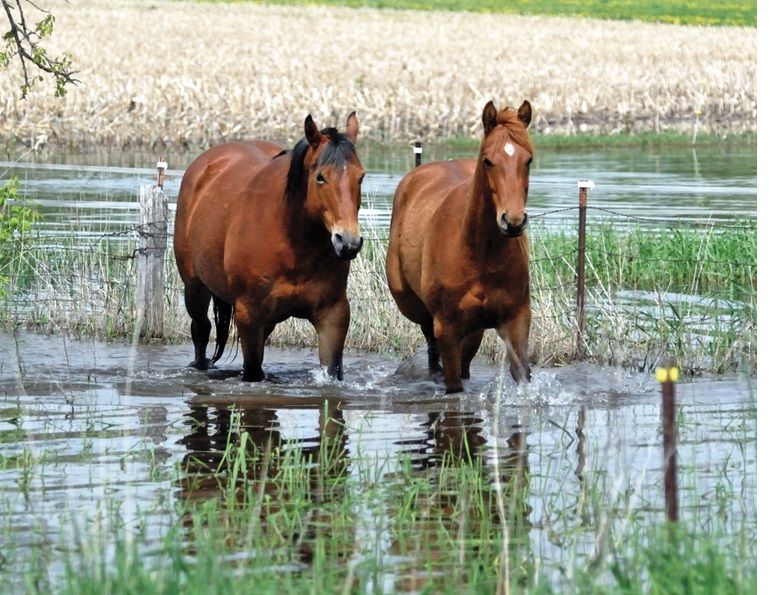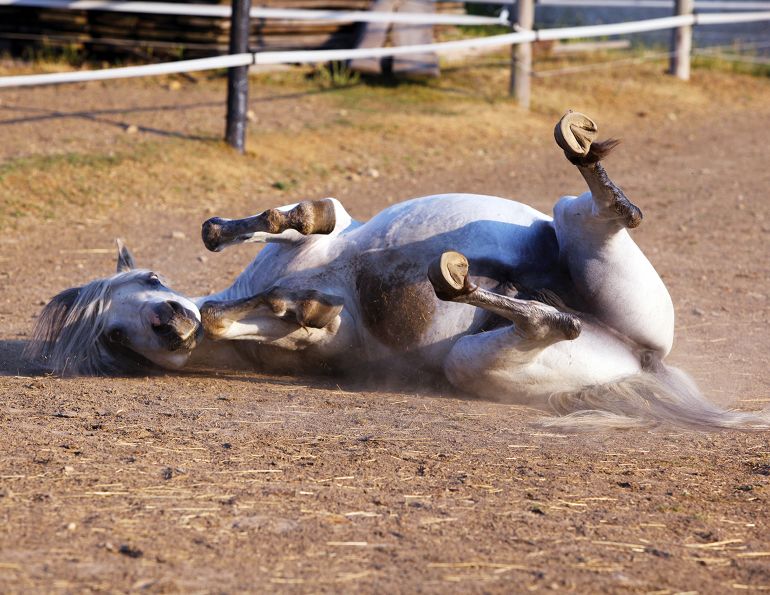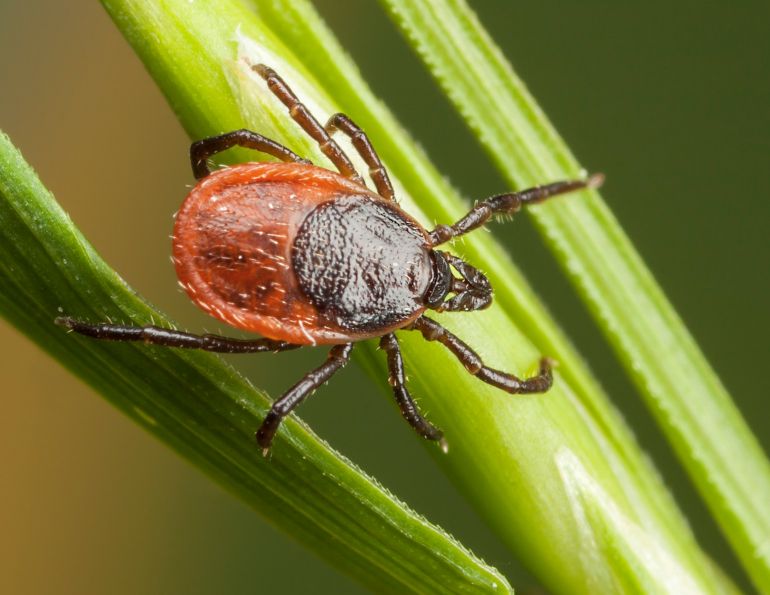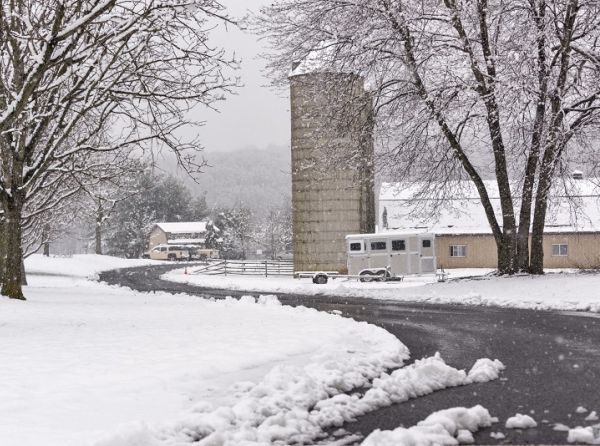By Amy Young, UC Davis Center for Equine Health
Planning ahead for your horse’s emergency and end-of-life care is one of the most responsible and compassionate steps you can take as an owner. Creating a written directive ensures your wishes are clear, your horse’s needs are met, and your barn manager and veterinarian have the guidance they need during critical moments. From recording basic details and veterinary contacts to outlining financial limits, euthanasia authority, and aftercare preferences, this document provides peace of mind and helps prevent confusion during stressful times.
- Create a document with the horse’s name, age, and description. Include a photograph.
- If relevant, include the name of your horse’s insurance company, policy number, agent’s contact information, and type of policy (i.e., major medical vs. mortality).
- Designate an emergency contact and provide multiple contact numbers.
- Include contact information for your primary care veterinarian and a backup veterinarian if available.
- State your intentions for your horse in the case of injury or illness if you are unreachable. Include details regarding referral for intensive care and a financial cap.
- Designate your emergency contact and veterinarian as agents who can authorize humane euthanasia if you are unreachable, your horse is suffering, and stabilization or transportation to a referral centre are not possible or humane.
- Indicate your aftercare preferences.
- State if you wish to keep a memento (shoe, piece of mane or tail).
- Provide your barn manager with a copy of this information.
- Schedule time with your veterinarian to talk about these plans. Provide a copy of the advance directive for their records. Update the document annually.
- Practical considerations, such as how to dispose of the horse’s body, can be particularly challenging when dealing with loss. Make these arrangements ahead of time if possible. There are often local regulations regarding disposal procedures. Rendering, burial, and cremation are common methods, but may require special regulatory approvals.
- If your horse is euthanized at a veterinary hospital, you may elect to have a necropsy performed to reveal the cause of death and contribute to science and education.
Related: 10 Things To Know About Caring for Older Horses
Related: Senior Horse Wellness: Keys to Helping Your Older Horse Thrive
Related: Recognizing Pain in Our Horse and When It''s Time to Say Goodbye
This article is printed with the kind permission of the UC Davis Center for Equine Health. The UC Davis Center for Equine Health is dedicated to advancing the health, welfare, performance, and veterinary care of horses through research, education, and public service.




























